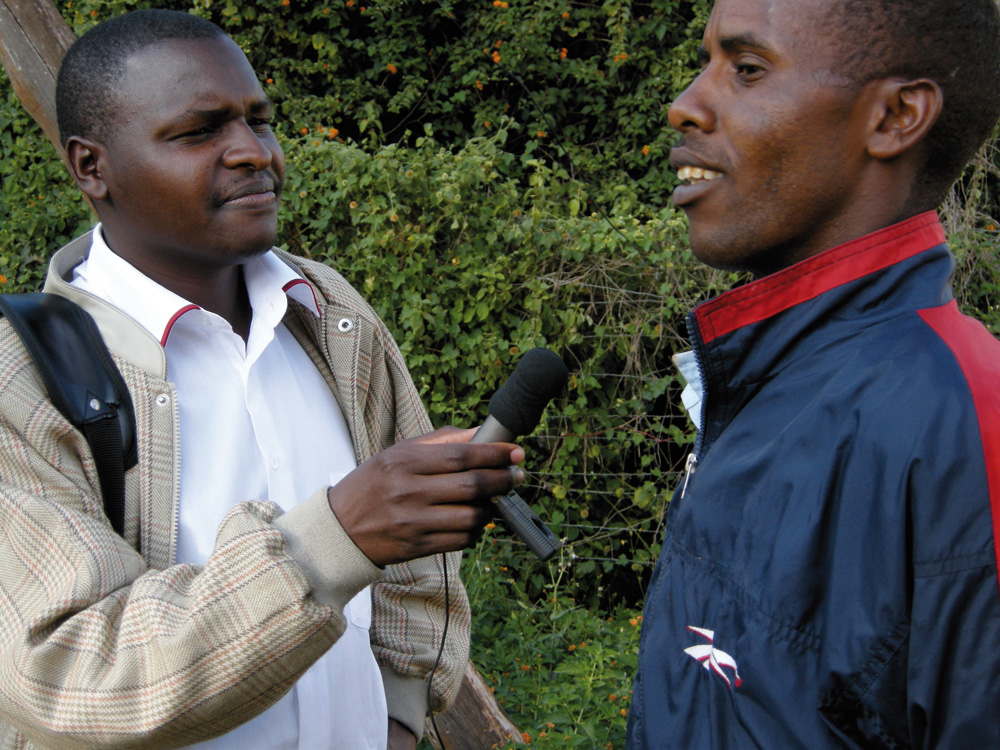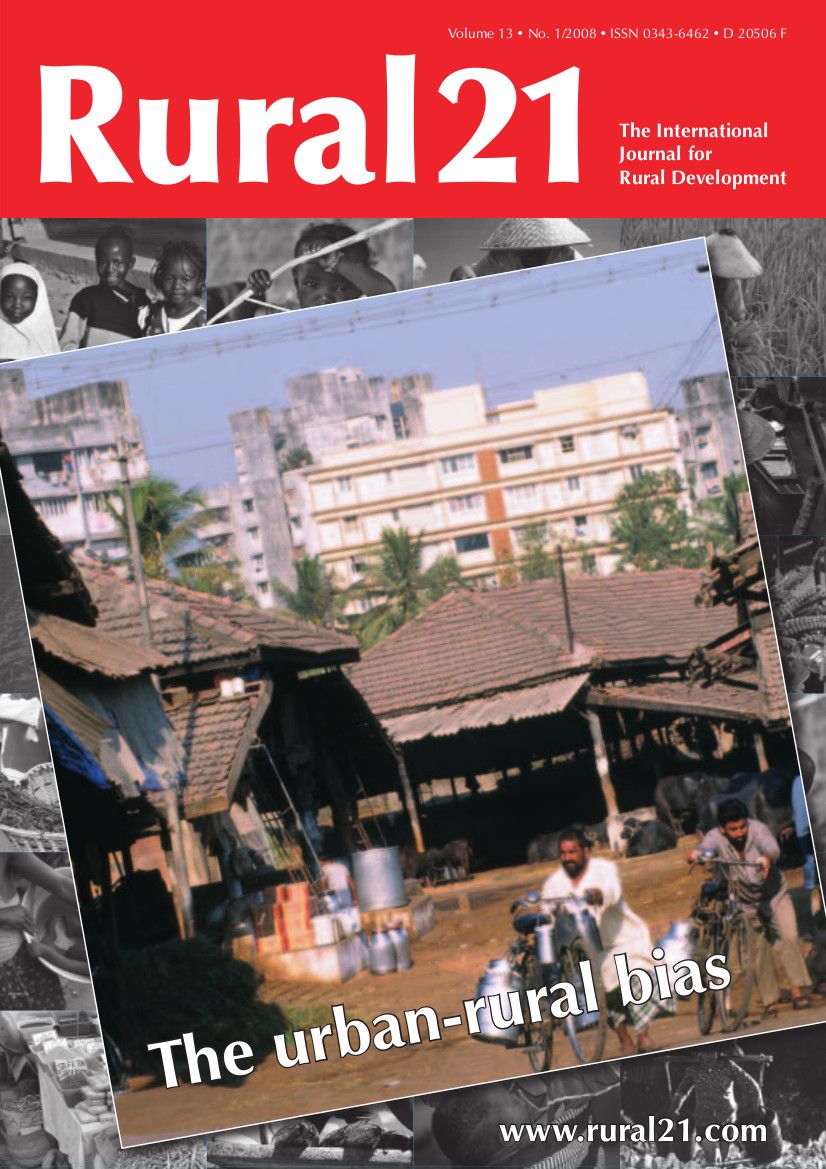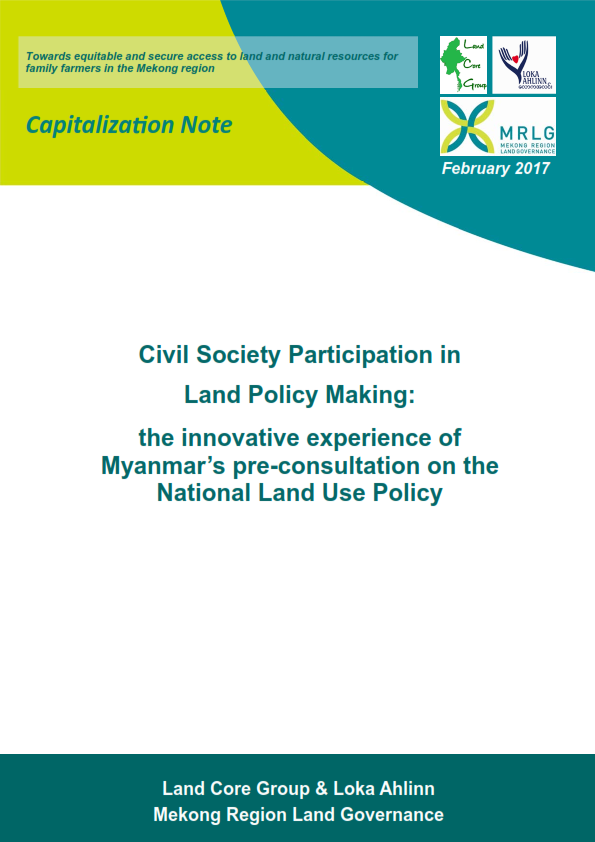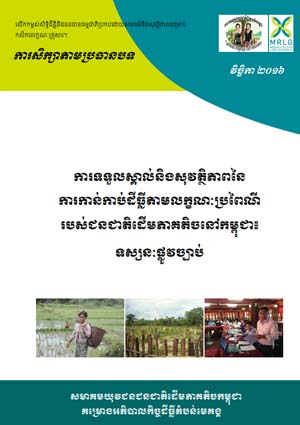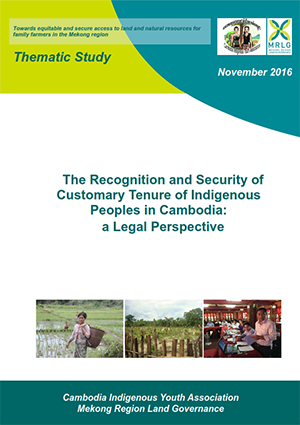Sustainably financing extension services
Providing extension and advisory services is expensive. There are salaries to be paid, transportation and operational funds to be provided, buildings to be rented or built, demonstration plots to maintain, and continued education to be offered to the extension staff. And then there is the need to continually invest in an overall functioning agricultural innovation system with strong research and teaching institutions, enabling policies, as well as to make capital investments in rural infrastructure that will not only benefit the farming population.



